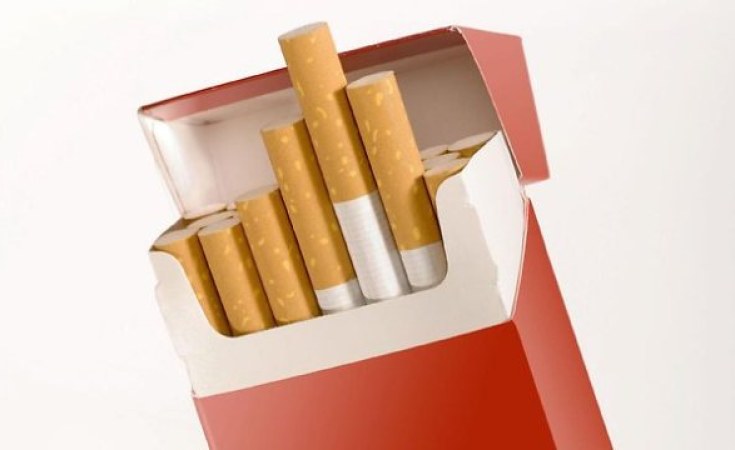The Annual Law and Policy Conference organized by the Food and Drug Law Institute, from October 21st to 23rd, was held virtually under the theme « Tobacco and Nicotine Products: Regulation and Policy ». A number of public health experts, doctors and consultants, discussed this topic with the Food and Drug Administration (FDA) along with the tobacco industry.
One of the discussions entitled « Modified Risk Tobacco Products (MRTPs): Recent Orders, Pending applications, and Novel products » was particularly anticipated as panelists discussed recent historical authorization from the FDA for two tobacco products to be labeled as IQOS from Philip Morris International – PMI, and Snus from Swedish Match. MRTP is actually a legal designation in the United States for a tobacco product with either a reduced exposure or a reduced risk to individual users and the population as a whole when compared to existing products on the market. MRTP orders are granted for products when considered appropriate to promote the public health and are expected to benefit the health of the population as a whole.
The two panelists: Tryggve Ljung, Vice president of Scientific Affairs of Swedish Match in the US and Benjamin Apelberg, a Supervisory Health Scientist at the FDA, discussed the role of the MRTP process in risk communication, post-market surveillance requirements, and the extent that marketing orders can or should impact applications for other similar products.
Concretely, an MRTP product has the authorization to be sold or distributed with either a reduced exposure or a reduced risk claim following FDA’s assessment. The products subject to these orders emit much lower levels of toxicants when compared to smoke resulting from the combustion of tobacco.
On July 7th 2020, tobacco leader Philip Morris International received exposure modification orders for their IQOS Tobacco Heating System and Heatsticks branded as Heets. IQOS was authorized to be marketed with the claim: “The IQOS system heats tobacco but does not burn it. This significantly reduces the production of harmful and potentially harmful chemicals. Scientific studies have shown that switching completely from conventional cigarettes to the IQOS system significantly reduces your body’s exposure to harmful or potentially harmful chemicals”. A couple of months before PMI, in October 22nd, Swedish Match USA was authorized to market Snus with the claim: “Using General Snus instead of cigarettes puts you at a lower risk of mouth cancer, heart disease, lung cancer, stroke, emphysema, and chronic bronchitis.”
After the FDA has authorized these two rounds of MRTP marketing orders, several applications are under substantive review by the federal agency.
Nevertheless, despite this long-expected authorization, Tryggve Ljung from Swedish Match didn’t hide his confusion: “It is a blurry landscape. Today we have one reduced risk order and one reduced exposure order. Consider you are a smoker worried about your health, and you read all these modified risks claims as you try to find out “what should I use to reduce my risk?”. It would be a hard and complicated decision…. And on top of that you have the mandatory warning labels. So all that will confuse people, which is not in the best interests of the end conumer.”
However, Benjamin Apelberg from the FDA underlined the importance of dissuading the youth from using these products by protecting them with clear warnings, and also limiting youth access to these products that are still considered as harmful: “FDA’s postmarket restrictions and requirements are intended to limit youth access and exposure to marketing such as the use of strict age and identity verification controls for individuals attempting to purchase online. Also, the use of age-restrictions at first point of access for any product labeling, advertising, marketing, and/or promotion appearing in their owned digital properties or any shared digital properties is meant to act as a major deterrent to youth adoption
On the other side, the World Health Organization, WHO, remains categorical towards the tobacco industry and its new products: “Heated tobacco products (HTPs) pose challenges to regulators who are facing questions about the unique characteristics and diversity of these products and how to regulate them in the face of aggressive tobacco industry tactics and no internationally agreed approaches for assessing the risks they present, including those to public health. “
According to the United Nations Organization, tobacco kills more than 8 million people each year. More than 7 million of those deaths are the result of direct cigarette smoking while around 1.2 million are the result of non-smokers being exposed to second-hand smoke. 28.7% of youth in Africa bought cigarettes in a store and 48.2% of the African youth are exposed to second-hand tobacco smoke in public places.


